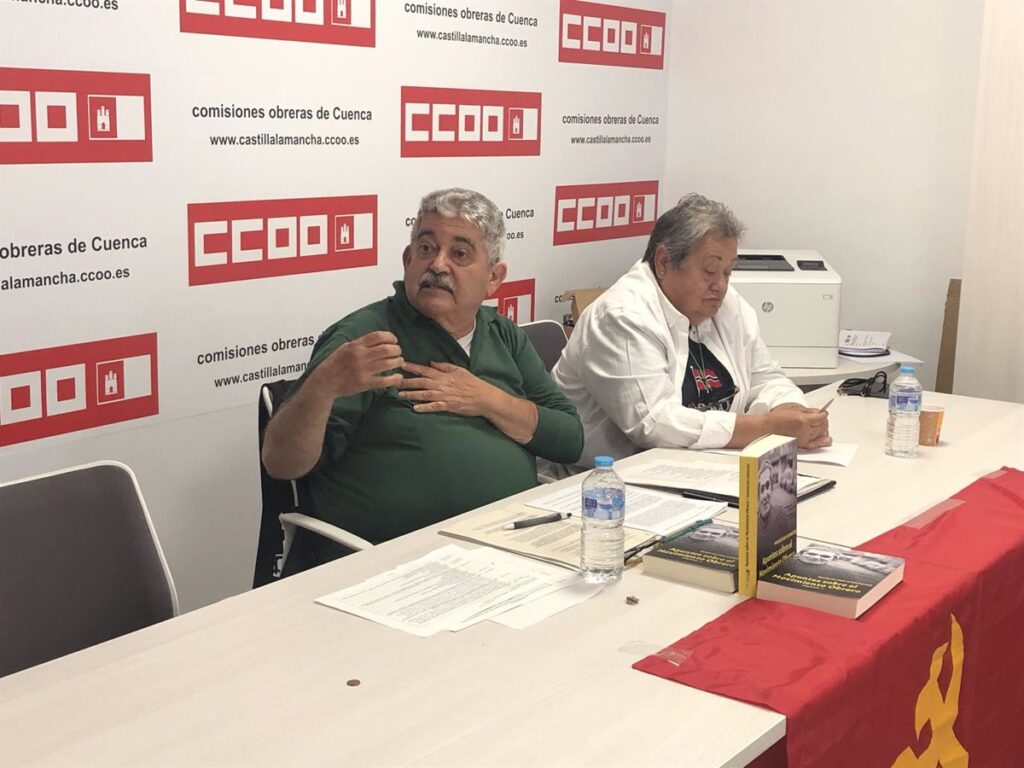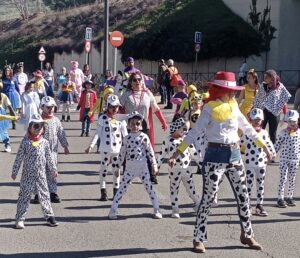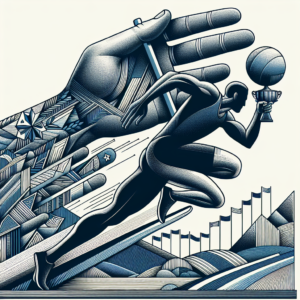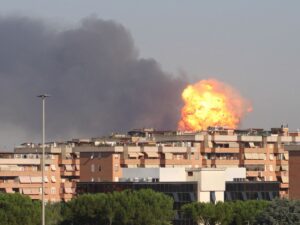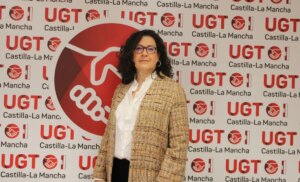Marcel Camacho, son of the historic leader of Comisiones Obreras, Marcelino Camacho, presented the book «Notes about the Workers’ Movement» at the union’s headquarters in Cuenca. The notebook was retrieved from the extensive documentary legacy of his father. The book, published by Atrapasueños with a prologue by the Minister of Labour, Yolanda Diaz, and a proem by the Secretary of Comisiones Obreras, Unai Sordo, was written in prison for the education of young union prisoners who were incarcerated in the early 70s.
During this time, forbidden meetings were held in factories, where urgent issues such as the need to increase wages in a country experiencing inflation were discussed. The workers were arrested after the meetings and, unable to pay the fines, sentenced to imprisonment. Marcel was one of those young people who passed through Carabanchel, where his father was imprisoned, and clandestinely organized these union courses. «They taught economics, philosophy, company productivity…,» he said.
This knowledge was then crucial for understanding the functioning of the economic system, so that workers could appropriately fight for their rights from a trade union perspective. «The first lesson in philosophy I learned was in prison, from a construction worker from Albacete,» said Camacho, adding that this formation also emphasized the importance of conquering restricted freedoms at that time, such as the right to assembly.
The book collects numerous quotes from well-known and lesser-known authors, taken from books that were secretly passed into the prison and transcribed by hand «so that there was no physical edition that could be detected.» Some of the transcriptions in the notes were done by his father. «These young people left with useful preparation for daily life and notions of the history of worker struggle,» stressed Marcel Camacho.
The family of the historic union leader has digitized more than 20,000 documents in their Manuel Lamela home. Camacho knew about these notes’ existence but could not locate them until they turned up in a drawer of bills. «Finding them was the recovery of something I thought was lost.»
Regarding what makes this book special, Camacho said, «it’s like if slaves wrote the history of workers’ construction.» The book pays a great deal of attention to the period of the Second Republic, a time when his father observed significant advances in workers’ rights, yet also an era with differences between various leftist movements. «When workers are divided, they always lose battles,» lamented the union leader’s son.
«The history of the workers’ movement helps us understand the present and that unionism isn’t practiced in a vacuum,» insisted Camacho, who points out the book’s usefulness for people fighting for labour rights.
Ana Maria Sánchez, from Izquierda Unida Cuenca, participated in the book’s presentation and gave a homage to Marcelino Camacho. She confessed to the audience that the first economics lesson she learned was from the union leader himself.


